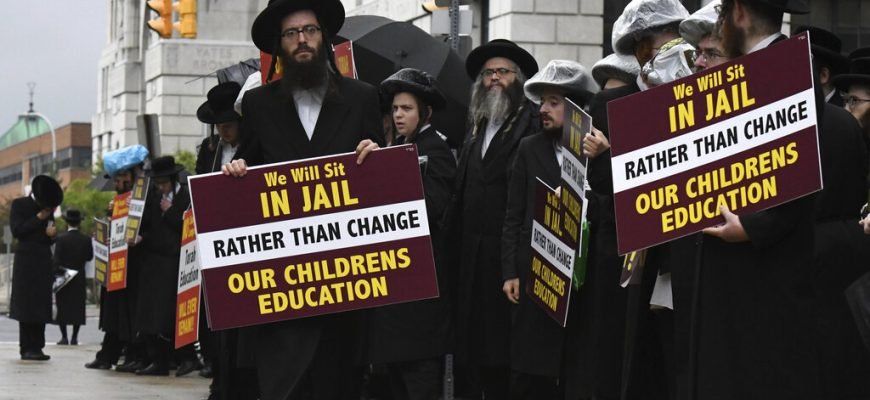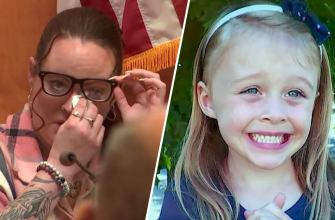It’s passing strange, at least to us, that the most important development in yeshiva education all year has yet to be covered by the New York Times. Since September, the Gray Lady has published more than a dozen stories deriding the education provided by chasidic yeshivas and alleging all sorts of misconduct in its schools — particularly the failure of some of them to teach profane subjects that the schools deem heretical.
Yet it’s now been more than a week since a New York court ruled that the state’s education bureau has no power to do what the Times so clearly is campaigning for — that is, to shut down chasidic yeshivas that won’t provide a secular education like that of public schools or to mandate that parents transfer their children. The ruling is a breathtaking defeat for the Times’ campaign. Yet the cat has got the Gray Lady’s tongue.
The Associated Press, the Daily News, and the Sun all have covered the ruling. Yet the Gray Lady is mum despite her ambition to own the chasidic beat. Times reporters have been practically begging regulators and legislators to meddle in the education of thousands of religious Jews to ensure that their secular studies are up to snuff — with, at least, what the Times’ readers think chasidic youth should be learning, nevermind their parents, let alone God.
The so-called paper of record likes to take credit for new regulations introduced in September. Why not cover the fact that those regulations and regulators were blocked by a court a week ago from enforcing their rules in yeshivas? The rules, which were passed two days after the Times’ first piece about the yeshivas, aim to subject yeshivas to oversight by the public schools from which parents are trying to protect their children.
Its reporters also overreached in its of coverage of a recent bill in the state senate against corporal punishment in schools — claiming it was introduced because of the Times’ reporting on discipline in yeshivas. Yet Senator Julia Salazar, who introduced one of the bills, tweets that the bill was introduced “because the law should *explicitly* ban corporal punishment in all schools.” She adds: “I haven’t seen any evidence of it being a pattern in yeshivas.”
That’s been the Gray Lady’s modus operandi in its investigation into yeshivas. The paper has cherry picked stories about New York’s fervently Orthodox Jews — largely from those who left the community. Schools and operators about whom the paper wrote claim the Times’ reports were riddled with error. An entire community feels that it has been misrepresented at a time when antisemitic attacks are on the rise.
Plus, too, it turns out that the Times has been tilting at what the court says is the wrong target — and yet the Times won’t even cover the court ruling for its own readers. The paper claims that yeshivas are “flush” with state and federal funding and misusing those funds by not providing secular education. Yet such funds are not tied to substantial equivalence. They are merely for providing mandated services, such as attendance and immunization records.
What the court said is that education regulators have no power to close schools or to mandate that parents transfer their children — making substantial equivalence regulations on schools essentially unenforceable. Compulsory education law, the court ruled, binds not schools but parents. In theory, it looks like New York State could pursue parents for freely exercising their religion. If the state does put parents in jail, no one will begrudge the Times the credit.








